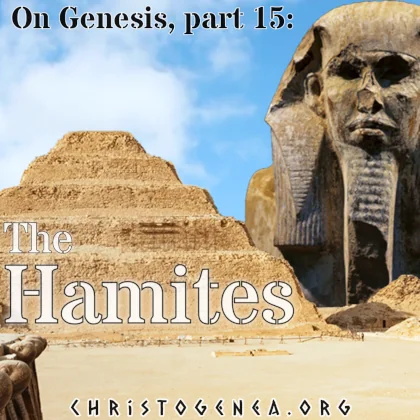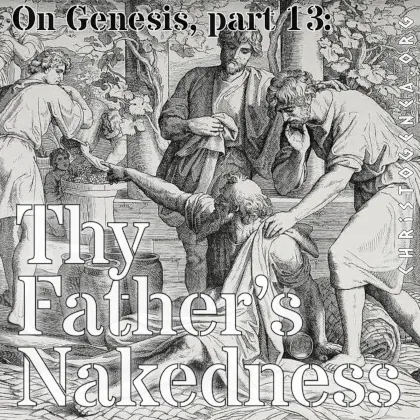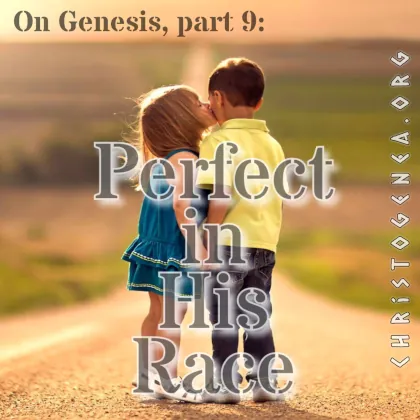
On Genesis, Part 11: The End of Sinners
Aside from the explicit description of fornication between the Nephilim and the daughters of Adam which is found in the opening verses of Genesis chapter 6, there are only implications and subtle indications in Genesis as to the full extent of the sins of men and angels. However since all flesh had become corrupted, according to verse 12 of Genesis chapter 6, and since not only the children of Adam, but even the beasts of the land had to be destroyed for that same reason, it is evident that there must have been some truth to the account of the treachery of the Nephilim in the corruption of the beasts underlying what is found in the Enoch literature. But evidently, Noah and his family had never taken part in those sins, as Noah was perfect in his race, which describes his sons as well as himself, and therefore their flesh had not been corrupted. So the Adamic man which Yahweh God had created would be preserved through Noah and his sons, while the rest of the race would be destroyed for their iniquity. Out of all the sins of men, race-mixing with another race, in this case the Nephilim, is the explicit reason given in Genesis chapter 6 for the destruction of the entire race of man.
Yet the Nephilim themselves were not entirely destroyed in the flood of Noah, where it becomes apparent that Yahweh God deals with fallen angels differently than he deals with sinful men. This is evident even in the King James translation of Genesis 6:4 where we read in part that “There were giants in the earth in those days; and also after that…” So while all of the children of Adam were destroyed except for the family of Noah, various of the descendants of the Nephilim are mentioned in Genesis chapter 15, Numbers chapter 13, and as late as the time of David, in the account of Goliath and his brothers 1 Samuel chapters 17 and 21 and 1 Chronicles chapter 20. These are some of the giants, or Nephilim, who were in the earth “in those days and after that”, referring to the time following the flood, and with that we also see that while the flood was evidently a far-reaching event, it was only a local flood, covering a limited region of the earth’s surface, and not the entire globe or planet. We certainly cannot assume that those Nephilim had survived on the ark of Noah, because Yahweh God brought the flood upon man for mixing with the Nephilim, and Noah was being separated and preserved because he did not mix with them, so having Nephilim on the ark would defeat the whole purpose of the flood. That is also the obvious reason why there is no mention of Nephilim on the ark.



















